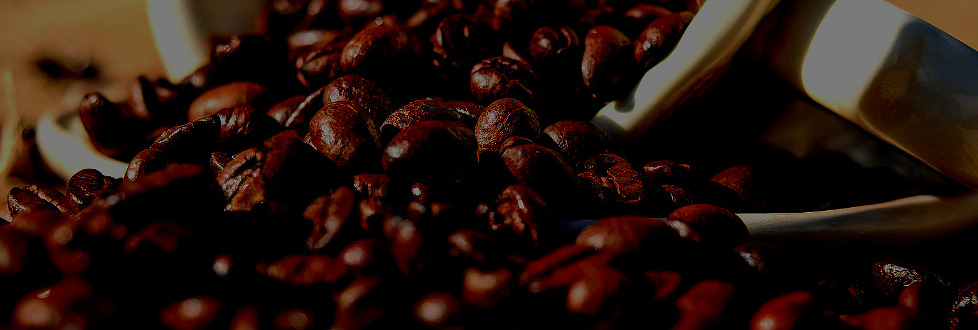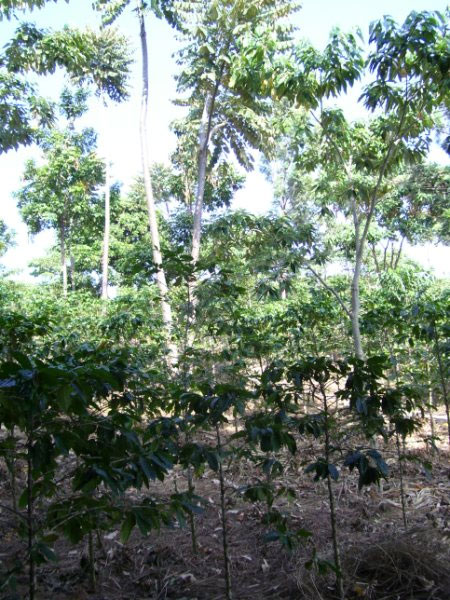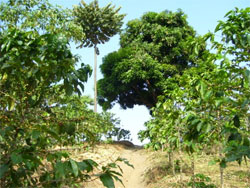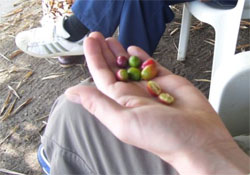
Self-sufficiency in a Cup: Rwanda's Coffee
Rwanda is blessed with particularly good coffee-growing conditions: high altitude, volcanic soil and plenty of sun and equatorial mist. "The coffees are wonderfully sweet, either bright with clear citric characteristics, or plush and full of berry and chocolate like flavors," a major coffee roaster said. By riding booming demand in the developed world for specialty brews, Rwanda has made premium coffee-growing a national priority and is achieving international recognition as a producer of some of the world's best coffee. But it hasn't always been this way.
It is believed that coffee was introduced in Rwanda in 1904 by German missionaries. Around 1930, a considerable interest in coffee developed as it was the sole revenues generating commodity for rural families. Until recently, all Rwandan coffee sold at the C-grade, or lowest-quality, price. The big canned coffee companies currently pay about $1 a pound for C-grade coffee beans, and the price fluctuates widely. When worldwide coffee prices crashed in 2001, many Rwanda farmers could not support their families and replaced their coffee trees with quick growing food crops.




